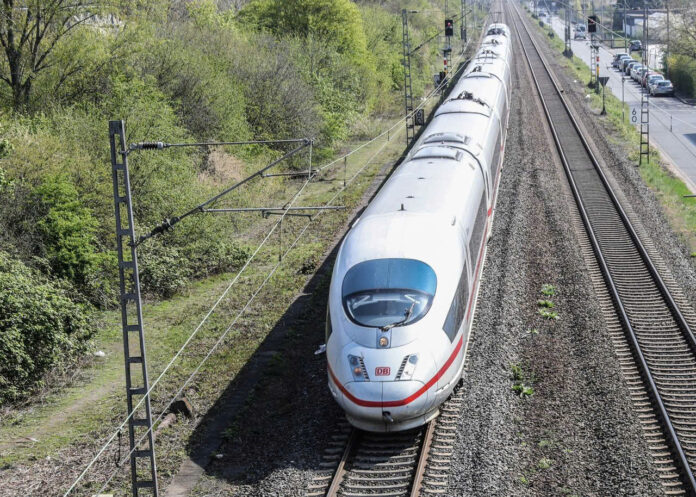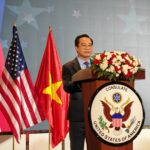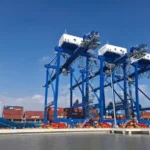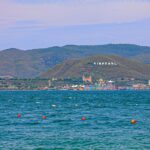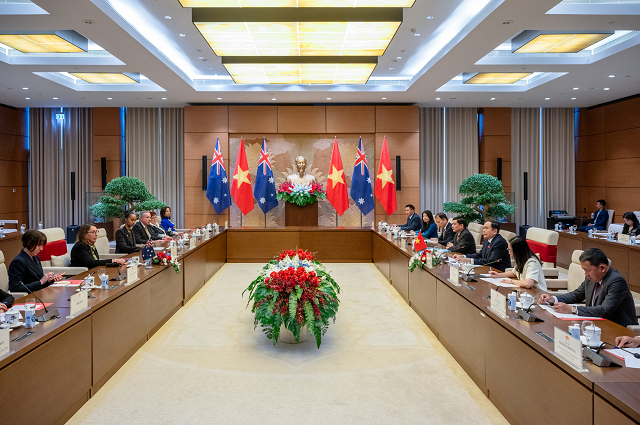The National Assembly (NA) has just passed a resolution approving the addition of public-private partnership (PPP) and investment-business modalities under the Law on Investment for the high-speed North-South rail project, alongside public investment.
Numerous Large Enterprises Seek Investment Opportunities
The NA passed Resolution 172/2024, greenlighting the project with an initial investment of over VND 1.7 quadrillion (approx. USD 67.34 billion). The project is slated for completion between 2025 and 2035, with a designed speed of 350 km/h.
As of June 25, prior to the NA’s resolution officially opening the door for private sector involvement, the government and the Ministry of Construction had received proposals from five private enterprises: Vinspeed High-Speed Railway Development and Investment Joint Stock Company (Vinspeed); Truong Hai Auto Corporation (THACO); the Mekolor and Great USD consortium; Thang Long National Construction Joint Stock Company; and Vietnam Railway Transportation Joint Stock Company. Among these, Vinspeed and THACO presented the most well-prepared and thorough proposals.
Specifically, Vinspeed proposed a direct investment model, committing to contribute 20% of the capital (approximately USD 12.27 billion). For the remaining amount (excluding compensation, support for relocation, and site clearance costs), the company requested an interest-free loan from the state for 35 years. Vinspeed pledged to repay the loan on time and complete the project within five years. Meanwhile, THACO proposed investing in the project with a 20% capital contribution, with the remainder to be borrowed from domestic and foreign financial institutions. They also requested a government guarantee and full interest support for 30 years. THACO committed to maintaining a controlling stake and not transferring it to foreign investors, aiming to complete the project within seven years.
NA Deputy Hoàng Văn Cường from Hanoi emphasized that there is no reason not to entrust the private sector with such projects. However, as this is a critical piece of national infrastructure, private investors must adhere to state requirements and regulations. “Most importantly, it must be ensured that this is truly a domestic investment, not a case of domestic investors importing products and components from abroad for mere assembly and processing. Therefore, we need to pay attention to whether the investor commits to localization and collaborates with other domestic enterprises and investors to produce components and accessories,” noted Mr. Hoàng Văn Cường.
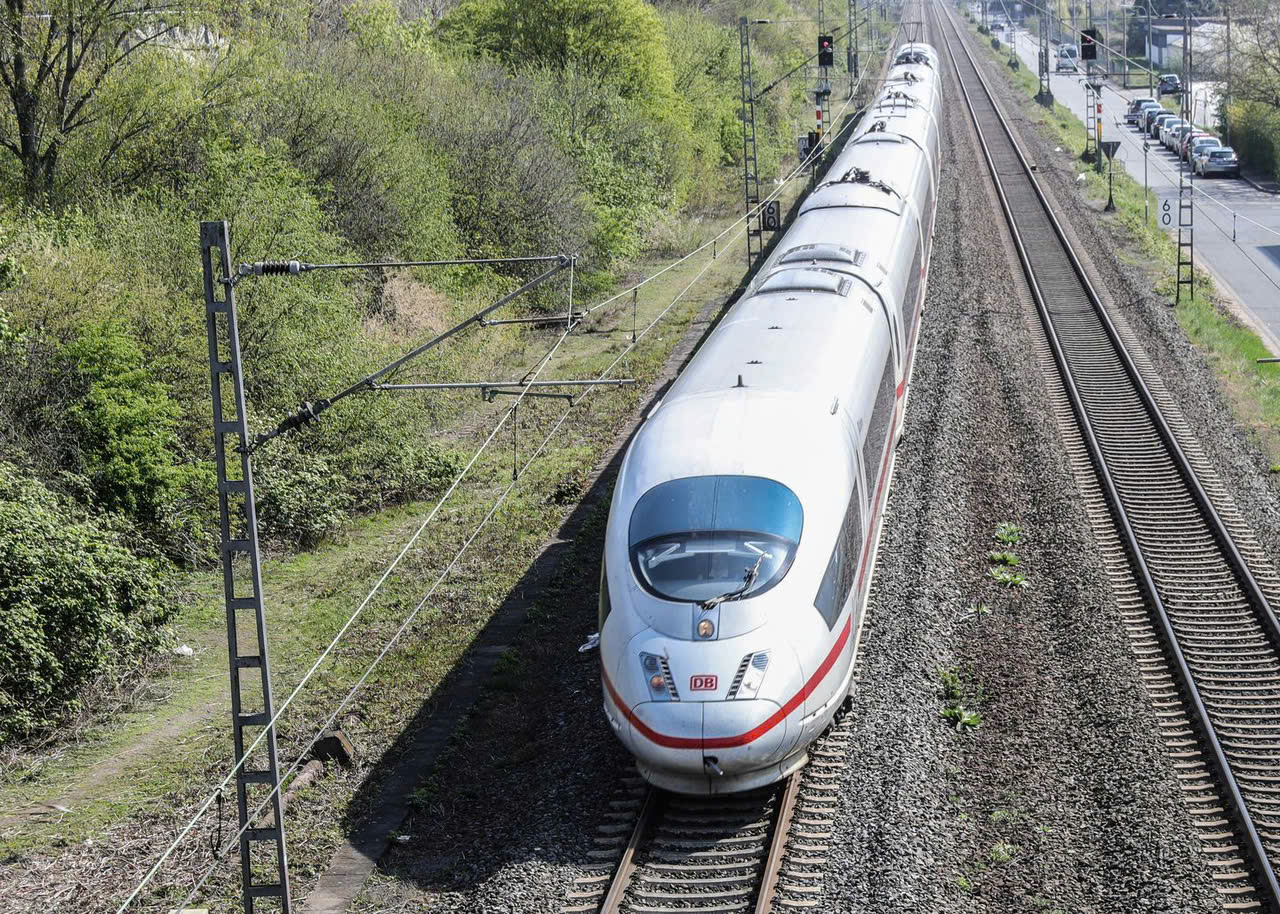
High-speed railways are considered an environmentally friendly mode of transportation, helping reduce emissions from private vehicles. Photo: EPA
Project Must Aspire for International Standards
Politburo member and Permanent Deputy Prime Minister Nguyễn Hòa Bình shared that, in reality, many important projects have been successfully executed by the private sector, including expressway projects, renewable energy projects, tunnel drilling, and large bridges. “This demonstrates the capability of private enterprises to undertake large-scale projects,” he acknowledged.
Regarding the high-speed North-South rail project, the Permanent Deputy Prime Minister affirmed that numerous other enterprises would likely register to participate in the investment. The government welcomes and highly appreciates the enterprises’ proposals, considering them a testament to the companies’ dedication. He also emphasized the need to act swiftly, viewing the project as a stimulus for the economy. “This railway line must be constructed to modern standards, aspiring for international acclaim. Simultaneously, we must prevent wastefulness, cost overruns, and the emergence of interest groups, negative phenomena, and ‘backyard’ practices during the implementation,” the Permanent Deputy Prime Minister stressed.
Moreover, the Permanent Deputy Prime Minister noted that the implementation of several urban railway projects in the past has offered valuable lessons to ensure better execution of this project. Besides the goal of building a high-speed railway to serve the people and boost economic development, we should aim to establish a railway industry with a skilled workforce, thereby facilitating the development of additional lines.
Concerning the project’s standards, if we aspire for international acclaim, then the design, supervision, and evaluation processes must all meet international norms. With the existing legal framework, it is crucial to assess and determine the most effective investment model at this juncture.
No Delegation without Oversight
During the discussion in the assembly hall regarding the amended Law on Railways, Minister of Construction Trần Hồng Minh reassured that the NA’s approval of PPP and investment-business modalities would create opportunities for private sector involvement and leverage resources to alleviate pressure on the state budget.
Addressing concerns about involving the private sector in this project, Minister Trần Hồng Minh clarified that the law stipulates the state’s management role in approving standards to control technology, retaining the authority of construction specialists in evaluation and inspection, and ensuring quality control of the works. Moreover, with annual data provided by the State Audit Office, there is no room for “delegation without oversight” or the risk of private investors selling the project to foreign entities.
What’s in the $16 Billion Dong Nai Free Trade Area?
This is the first free trade zone to fully integrate a production ecosystem with airport-seaport logistics, trade finance, and high-tech industries. With direct access to Long Thanh Airport and Phuoc An Port, this zone offers unparalleled advantages for businesses looking to thrive in an efficient and well-connected environment.
The Rise of Homie City: Catering to the Dual-Demand Nexus in the Heart of Pho Yen
Introducing the new phase of Homie City’s master-planned development, featuring a stunning collection of modern townhouses. With an impressive absorption rate in the initial phase, Homie City is now proud to unveil its latest offering, showcasing contemporary design and a harmonious urban lifestyle.
The New Expressway Project Connecting Dong Nai and Tay Nguyen: A Nearly 20,000 Billion VND Investment with Over 29 Years of Toll Collection
Bình Phước Province has been assigned the authority for the North-South West Highway, a nearly 125-kilometer-long route, with an investment of approximately VND 20,000 billion in the form of a PPP, with a toll collection period of 29 years and 4 months.

